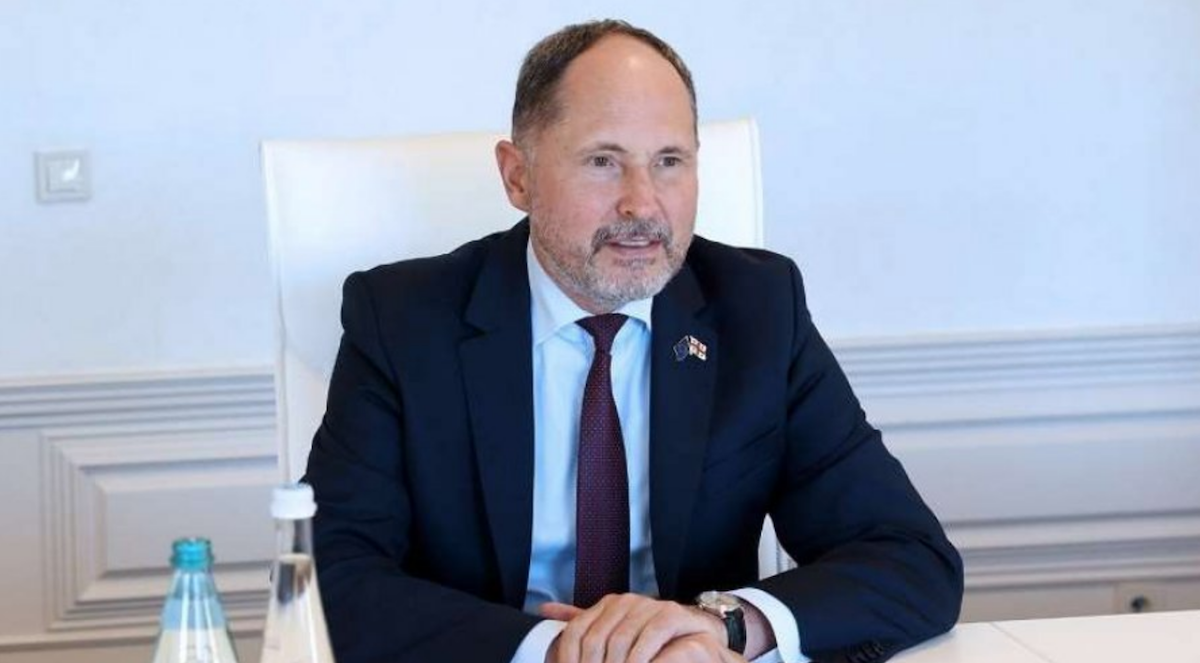
Gerchinsky on Georgia’s EU accession
EU Ambassador to Georgia Pavel Gerchinsky stated in a meeting with journalists that implementing nine steps is crucial for starting negotiations on Georgia’s entry into the European Union.
“Georgia’s future in the European Union is tied to completing several important points, known as the nine steps. Their implementation is critical for Georgia’s progression to the next stage, which includes starting negotiations for EU entry. The aim of these steps is not to ‘please Brussels’ but to improve the lives of the Georgian people and bring Georgia closer to EU standards.
As Georgia is on the path to EU membership, political leaders must work constructively together, engage civil society and the business sector to fulfill the European aspirations of the Georgian people. Be assured that the EU will support Georgia at every step of the way,” said the ambassador.
- “In 2024, concrete results are needed” – joint statement following the 8th session of the Georgia-EU Association Council
- The European Commission has recommended Georgia for candidate status, but what conditions have they set?
- “Georgia is betting on the wrong horse, Europe doesn’t need another Hungary” – former US State Department official
On December 5, 2023, the European Council decided to start negotiations on the EU accession of Ukraine and Moldova and granted Georgia candidate status.
Before this decision, the Council’s General Secretariat published a conclusion on expansion. The Council called on Georgia to show a clear commitment to EU values, make progress in the reform program, and meet the conditions set by the Commission.
The EU Council of Ministers emphasizes that Georgia must ensure full respect for fundamental rights, including freedom of the media and pluralism, freedom of opinion, assembly, and expression, as well as protect LGBT people from intimidation, violence, and discrimination.
On December 26, the Georgian government published an action plan to implement steps defined by the European Commission. The document outlines nine points identified by the European Commission, along with corresponding actions to be implemented, deadlines, and the departments responsible for their execution.
The listed actions should be implemented during 2023-2024. The plan was approved by the Governmental Commission on European Integration on November 27, 2023.
